EUobserved
MEPs worth keeping an eye on in the next term
This week, the new European Parliament will convene for the first time in its constitutive session.
As MEPs decide on how to divide the Parliament’s influential positions, like committee chairs, vice-presidents and quaestors, and hold the much-anticipated vote on Ursula von der Leyen’s European Commission presidency, the first contours of the coming terms of political balance will become apparent.
From the 720 MEPs descending upon Strasbourg, the EUobserver has highlighted seven lawmakers worthy of keeping an eye on - giving a glimpse of what to expect from the coming years.
Fidias Panayiotou - N/I
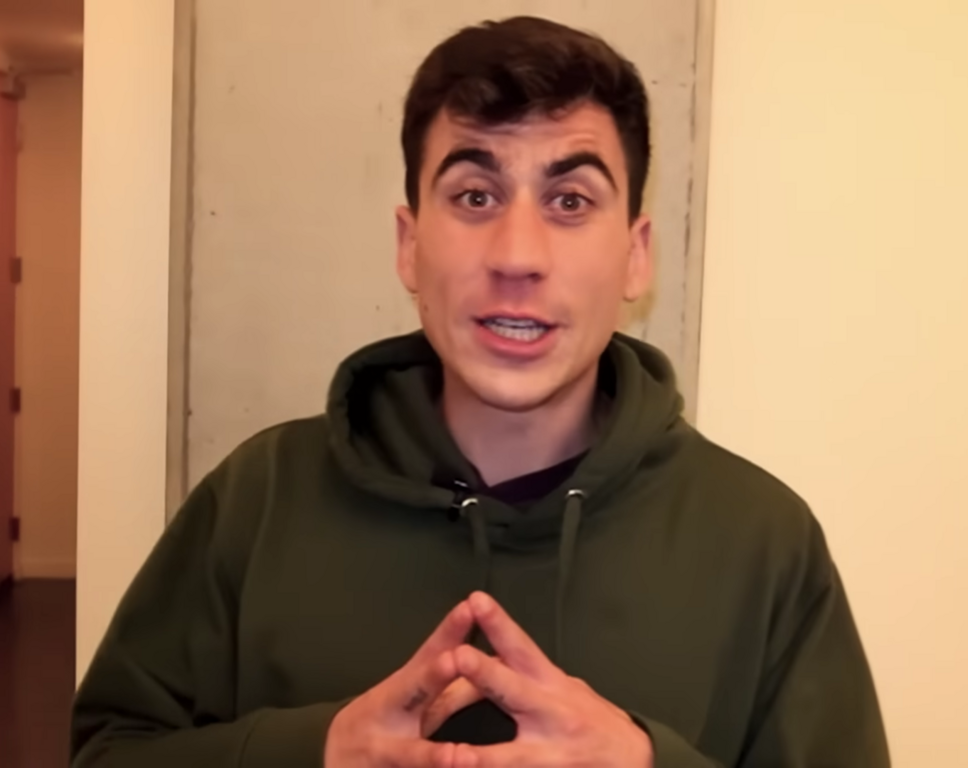
Panayiotou, commonly known as “Fidias” by his 2.6 million followers on Youtube, already made it into our previous list of remarkable new MEPs. A Cypriot influencer, Fidias was one of the election’s big surprises, riding his way into parliament on a wave of young voters, despite lacking experience or even any apparent interest in politics. Before his election campaign, the self-described “professional mistake maker” was mostly known for forcing Elon Musk to hug him and free-riding on trains
Why he’s worth keeping an eye on
Notwithstanding his apparent lack of affinity with politics, Fidias seems to have fully committed to combining his Mr-Beast style videos with his new job as Parliamentarian. Claiming to be the “most democratic politician” in the parliament, Fidias let his followers decide on which parliamentary group to join (they voted for Non-Inscrit). It remains to be seen if he manages to keep up this radical form of “TikTok-politics”, but he already announced that followers could vote on whether he should support von der Leyen as well.
Roberto Vannacci - Patriots

Also already featured on the EUobserver’s list of remarkable new MEPs, the former major-general and decorated war veteran gained notoriety in Italy after writing a book-long polemic against LGBTQ+ people, minorities, feminism, and migrants, earning him a leading spot on the list of Matteo Salvini’s Lega del Nord.
Why he’s worth keeping an eye on
Vannacci, whose political priorities include securing a “right to hate”, is not likely to increase the quality of European political discourse. Nonetheless, he could still be worth paying attention to, as an indicator of early divisions within the newly formed Patriots of Europe group. During the group's constitutive meeting, Vannacci was voted to be one of the group’s vice-presidents. But according to reports in the French press, newly chosen Patriot president Jordan Bardella, MEP for National Rally, regretted the nomination, expressing his opposition to Vannacci’s incendiary homophobia.
Brando Benifei - S&D
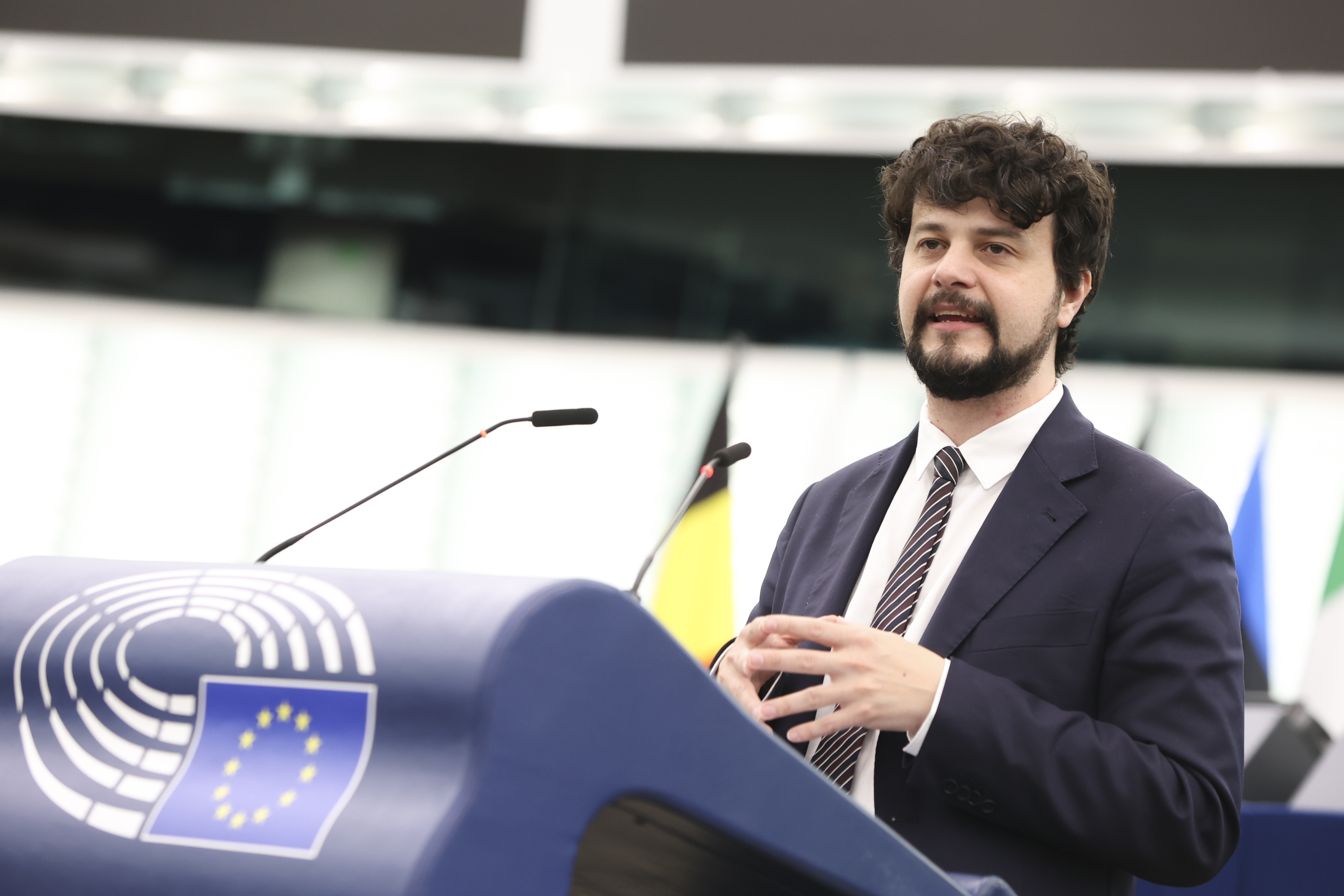
Benifei, an Italian Social Democrat, was joint winner of the MEP of the mandate awards, which were presented in March. Benifei won the award together with Romanian liberal MEP Dragoş Tudorache, for their role as lead negotiators for the EU’s landmark AI act.
Why he’s worth keeping an eye on
Benifei made the significance of AI legislation in safeguarding consumers, workers and democratic rights against big tech companies a crucial part of his campaign. With AI and digital technology likely to remain a central issue on the EU’s legislative agenda, Benifei will be an important voice to watch.
Dóra Dávid and Aura Salla - EPP
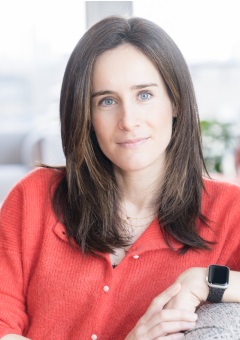
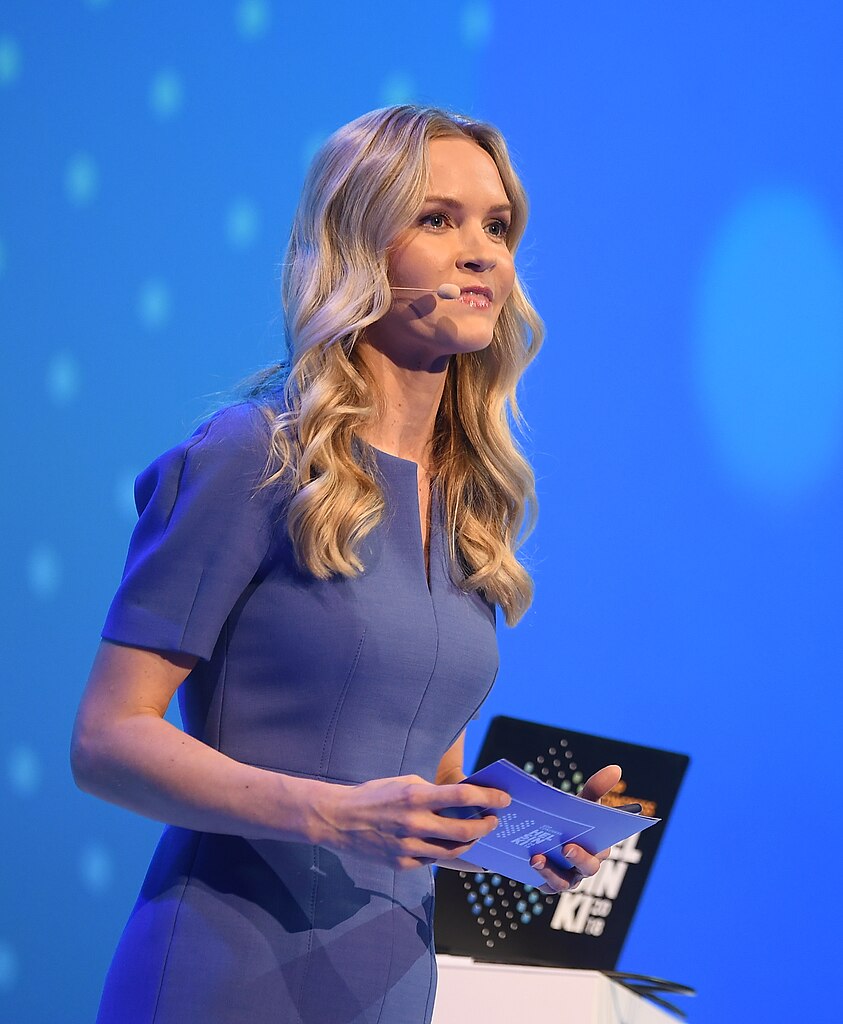
Dóra Dávid is an incoming Hungarian MEP for Peter Magyar’s TISZA party, which joined the European People’s Party (EPP). Aura Salla is also a new EPP lawmaker for the Finnish National Coalition Party. But beyond their common Christian democrat affiliation, they share another allegiance as well, both having worked as lobbyists for Meta, the Facebook parent company. Salla was in fact lead lobbyist for the social media company, as Meta head of EU affairs.
Why they’re worth keeping an eye on
Salla has tried to pitch her experience as an asset, arguing that it was useful for the Parliament to have an MEP that truly understood the inner workings of large social media companies like Facebook. But with the EU increasingly clamping down against big tech companies under the Digital Services Act (DSA) and Digital Markets Act (DMA), the strong representation of Facebook lobbyists in the Parliament’s most influential group has caused concern among transparency campaigners and NGO’s.
Giovanni Crosetto - ECR
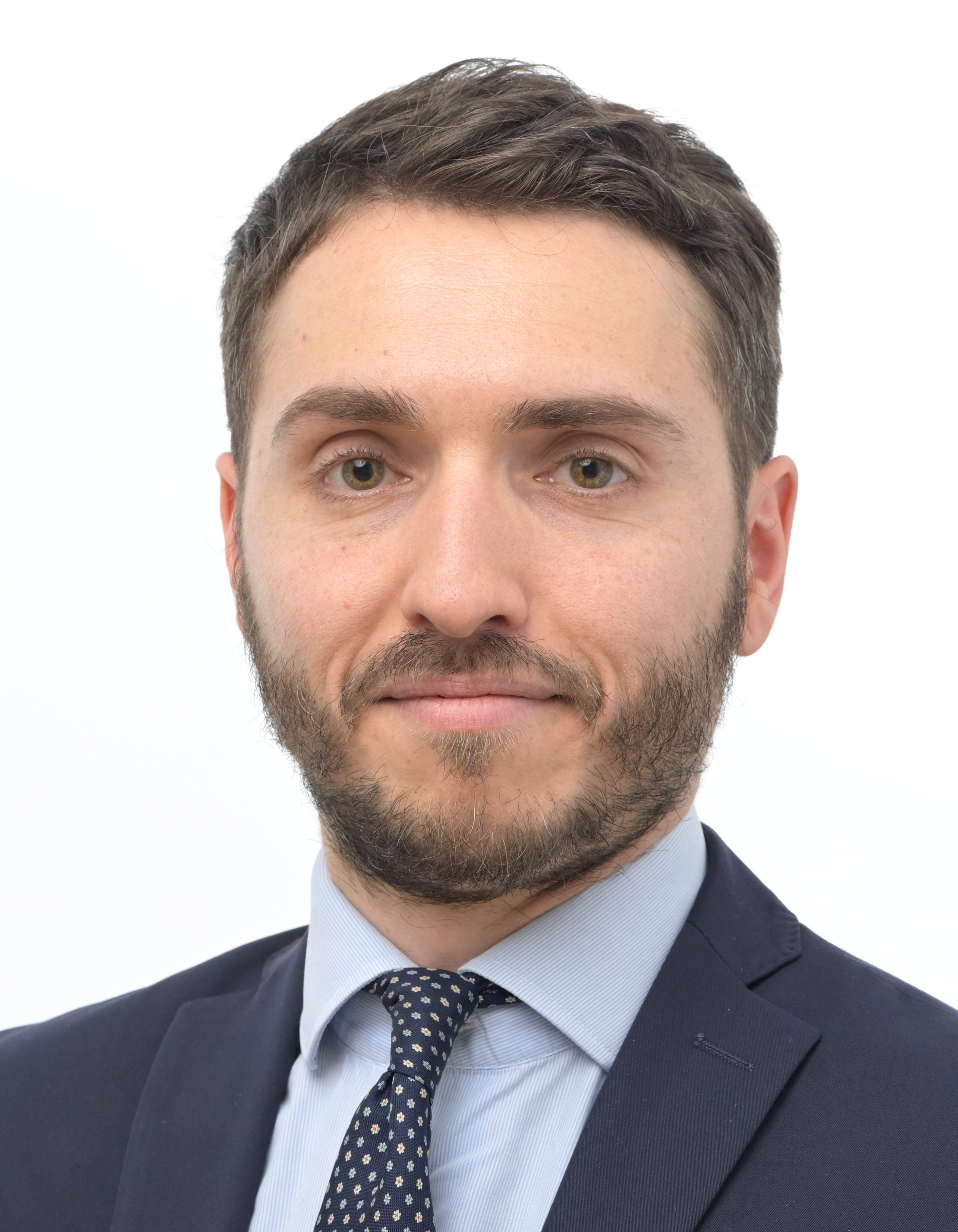
Giovanni Crosetto is a novice MEP for Brothers of Italy (FdI), the party of Italian prime minister Giorgia Meloni. In apparent keeping with his party’s motto “God, Family, Country”, Crosetto is the nephew of Guido Crosetto, one of the founders of Brothers of Italy and currently Italian minister of defence.
Why he’s worth keeping an eye on
Apart from his familial connections with the Italian government, Crosetto seemingly represents a slightly more moderate wing of Brothers of Italy, resolutely condemning images of FdI supporters doing fascist salutes in January. On issues like ecology, however, he squarely fits the Brothers of Italy profile, calling for the “unfeasible Green Deal” to be dismantled.
Daniel Freund - Greens
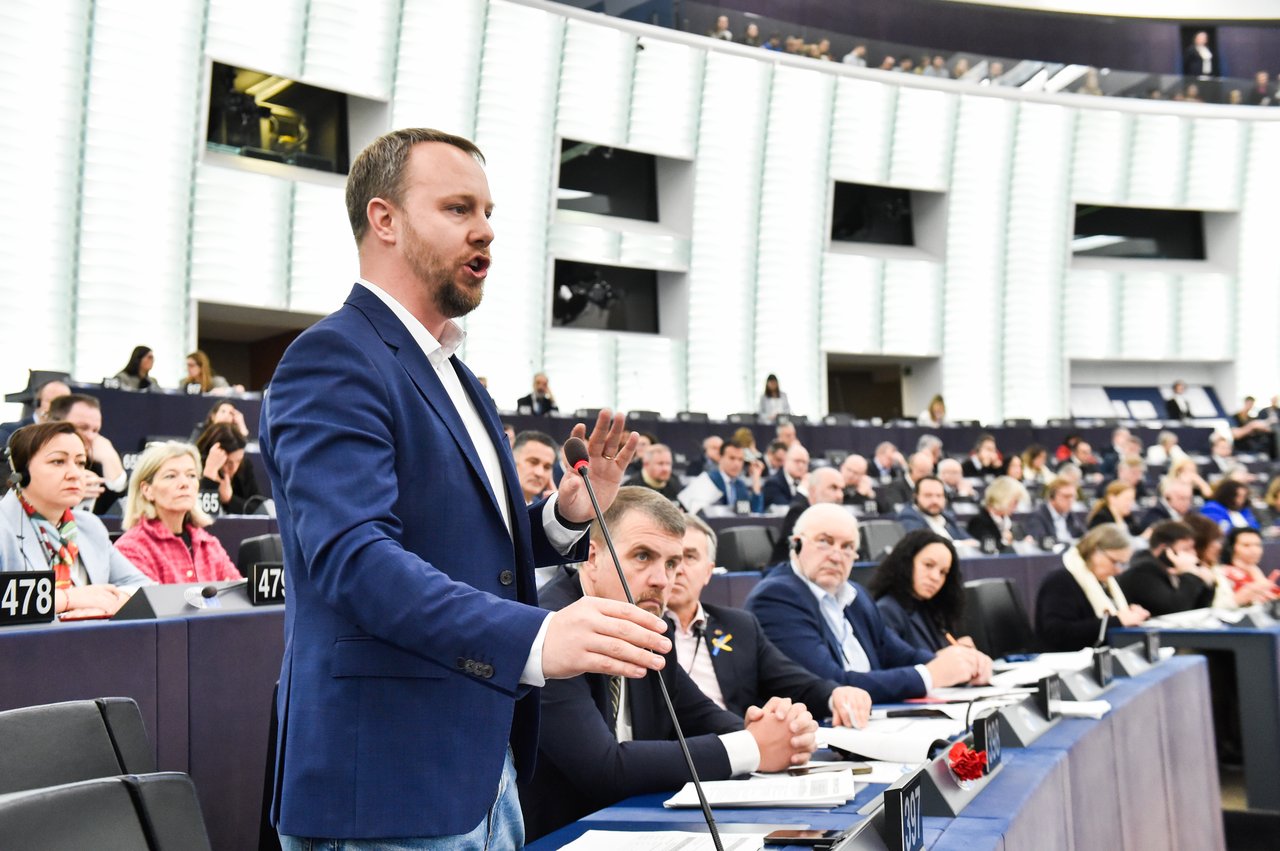
Daniel Freund is a German MEP returning for a second mandate with the European Greens. Freund, who previously worked for anti-corruption NGO Transparency International, has been one of the parliament’s most prominent defenders of the rule of law in the past term. Repeatedly taking Hungary and Poland to task over their democratic backsliding, Freund has also been an important driver for the establishment of the parliament’s new ethics body.
Why he’s worth keeping an eye on
As the far-right remains ascendant in a number of member states, the defence of the rule of law in Europe will remain a key issue of concern for the next parliament. Freund is likely to continue his push for increased budgetary sanctions for rule of law breaches. Moreover, Freund has also been among the most vocal critics of the Hungarian presidency of the council, calling it “a serious risk to European democracy”.
Don't miss our previous reporting New MEPs: the bad, the worrying, and intriguing featuring some of the more remarkable - and sometimes concerning - characters in the new European Parliament.
Author Bio
Piet Ruig is a Brussels-based journalist who previously worked for the Dutch public broadcaster VPRO.
Tags
Author Bio
Piet Ruig is a Brussels-based journalist who previously worked for the Dutch public broadcaster VPRO.